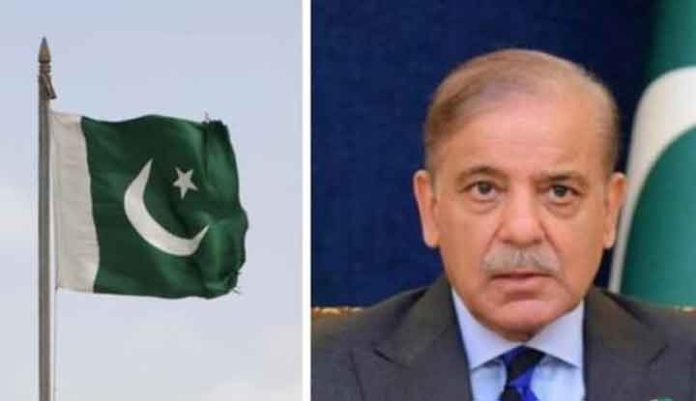INVC NEWS
Islamabad : The Pakistan has opted for a bold strategy to salvage its deteriorating financial landscape. The reality of Pakistan’s economic challenges is no secret, with the nation grappling with soaring debt and standing on the precipice of poverty. In a significant decision, Pakistan has chosen to undergo a monetary transformation by introducing a new currency with cutting-edge security features.
The Central Bank’s Decisive Action
The Central Bank of Pakistan has spearheaded this initiative, responding to the twin challenges of currency shortage and the economic fallout from counterfeit notes. The new currency, equipped with advanced security measures, promises to be a game-changer. Leveraging international-level technology, the notes will incorporate intricate security numbers and designs, setting a new standard for secure transactions.
Gradual Circulation for Smooth Transition
Governor Jamil Ahmed of the State Bank of Pakistan, the nation’s central bank, has assured the public that the introduction of the new notes will be a gradual process. This careful approach aims to minimize disruptions and ensure a seamless transition for the populace. However, experts within Pakistan speculate that this move might also signal the possibility of demonetization, especially targeting higher denomination notes such as the Rs 5000.
The Why Behind the Decision
The cash crisis plaguing Pakistan has been a driving force behind the decision to introduce a new currency. The economy is grappling with the adverse effects of black money and the illicit use of cash notes, facilitated by the existence of high-value denominations. Pakistan, entrenched in a prolonged financial crisis, has taken a monumental step to resuscitate its economy, relying on economic relief packages from allies such as China and the International Monetary Fund (IMF).
Battling Inflation and Soaring Prices
Inflation has reached unprecedented levels in Pakistan, with the prices of essential commodities soaring to new heights. The economic reforms promised by the government are eagerly awaited, as the nation confronts the urgent need for financial stability. The infusion of funds from China and the IMF is a lifeline, but comprehensive measures, including the introduction of a new currency, are imperative for long-term economic recovery.
Will Rs 5000 Notes Face the Axe?
In contemplating the new currency, the Reserve Bank of Pakistan has taken a cue from India, emphasizing a gradual shift to prevent the pitfalls witnessed in other countries. While the focus is on introducing new notes, there’s a buzz about the potential demonetization of higher denomination notes, particularly the Rs 5000, as a strategic move to combat counterfeit notes and curb the circulation of black money.
In conclusion, Pakistan’s decision to embark on demonetization and introduce a new currency reflects a bold attempt to rejuvenate a beleaguered economy. The intricacies of this economic overhaul will unfold gradually, and the nation will be keenly watching as Pakistan navigates these uncharted waters in its pursuit of financial revitalization.
















